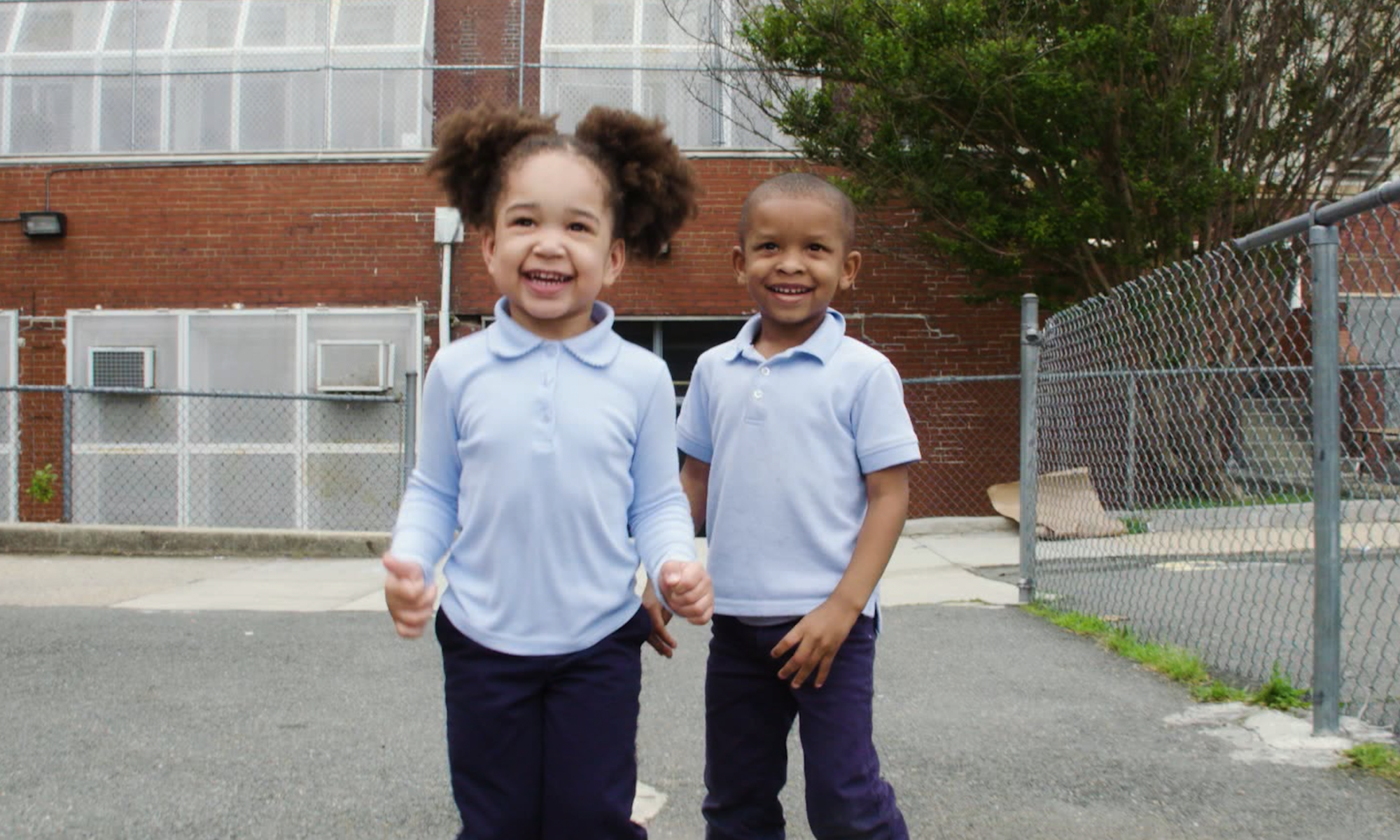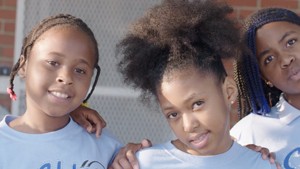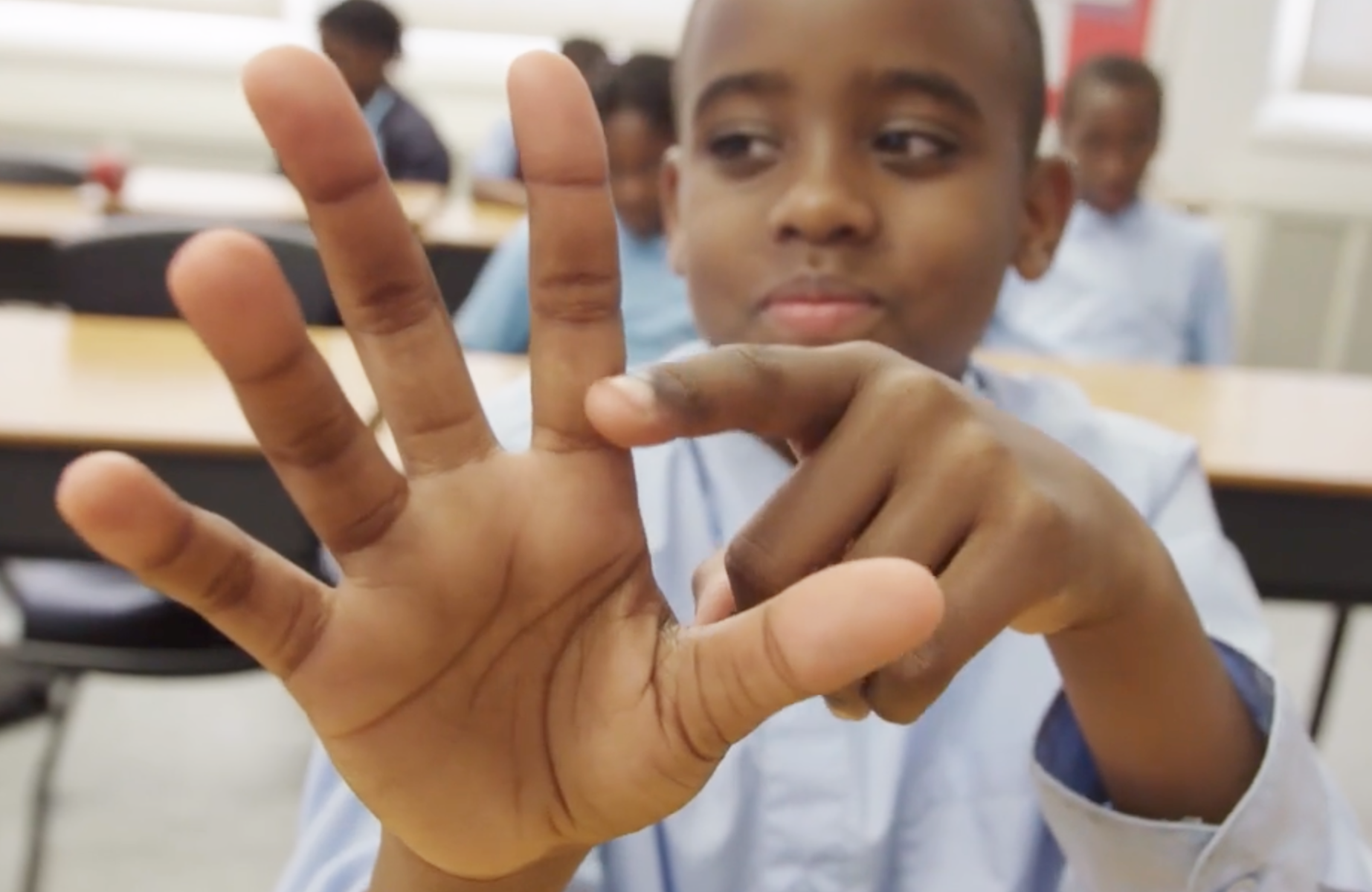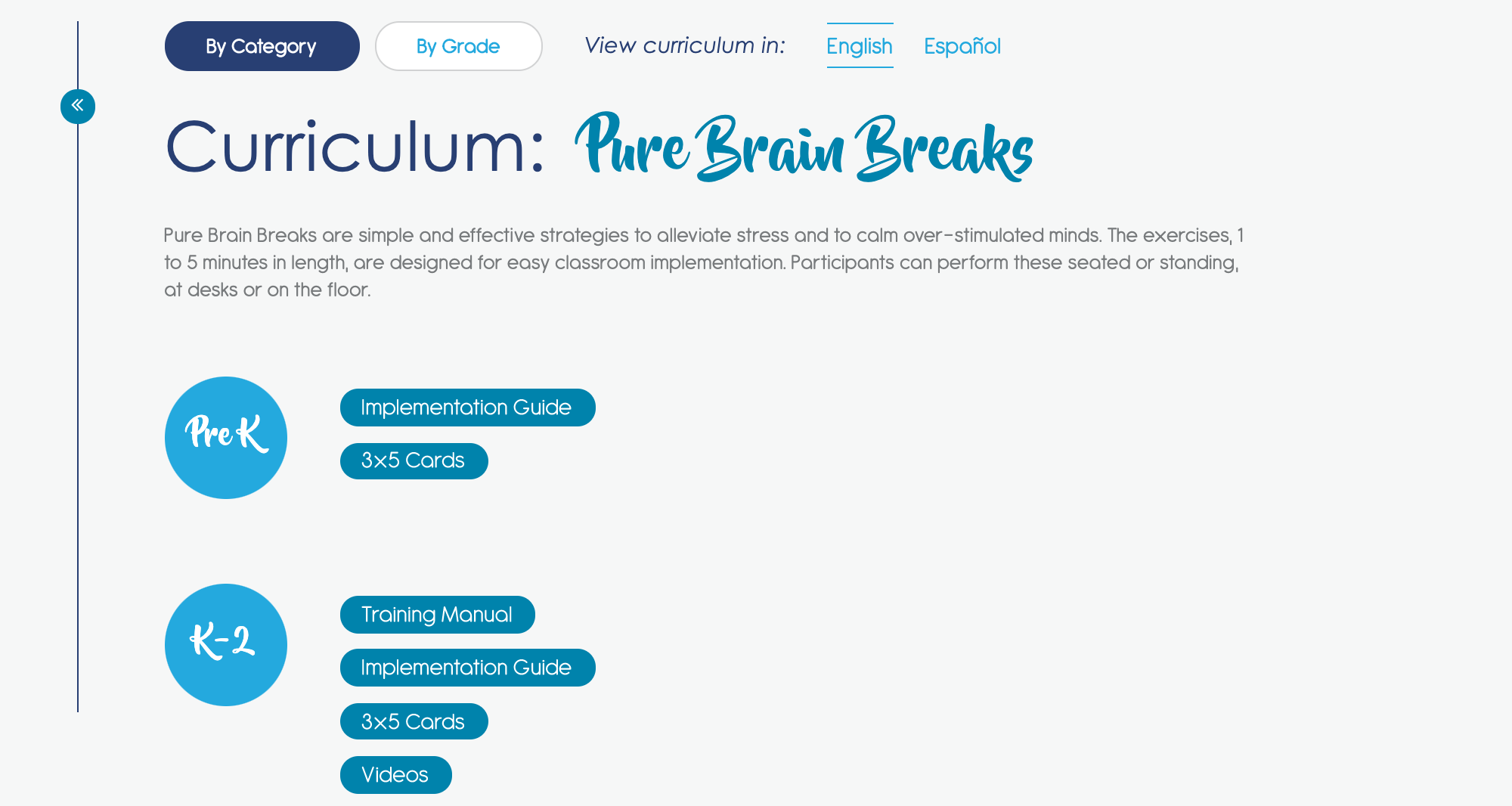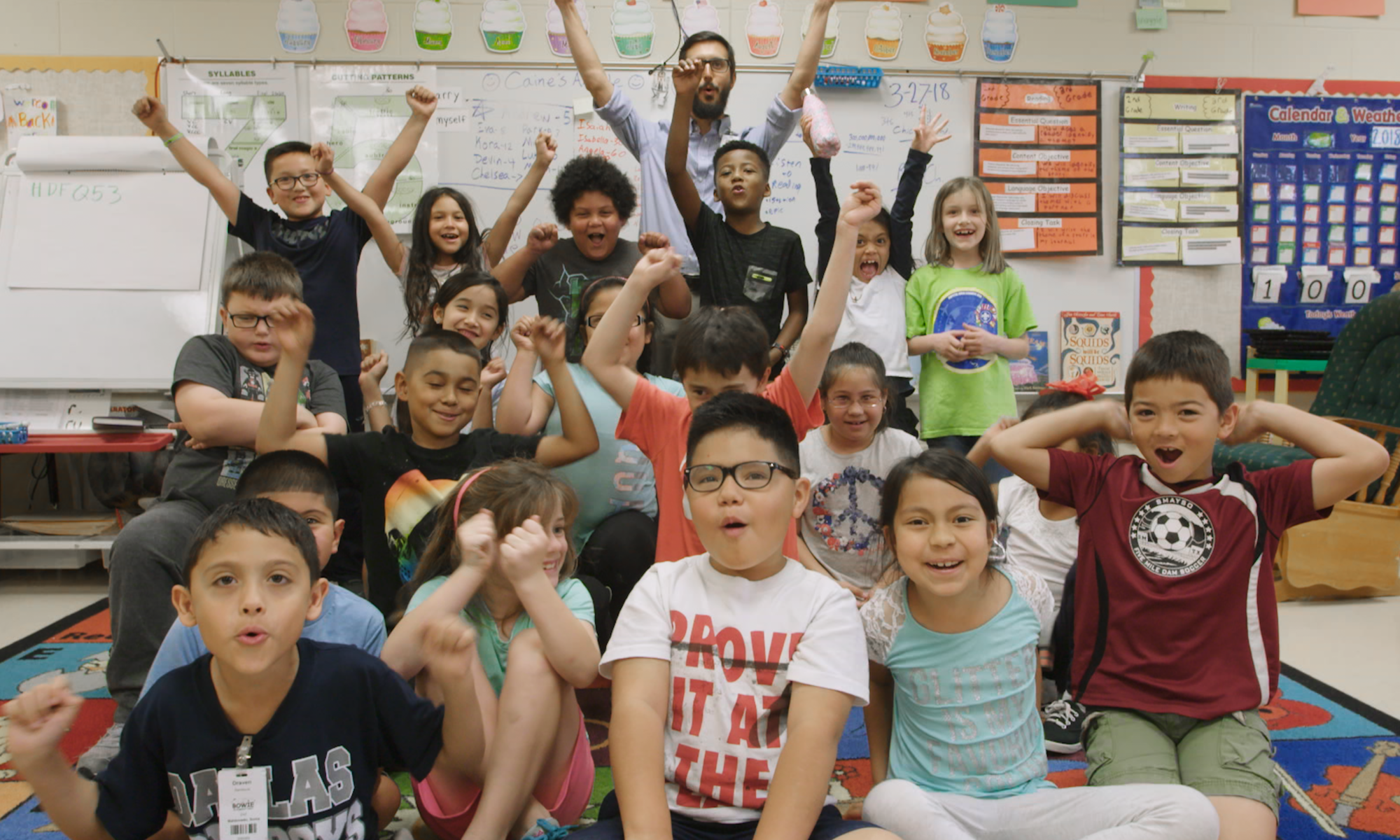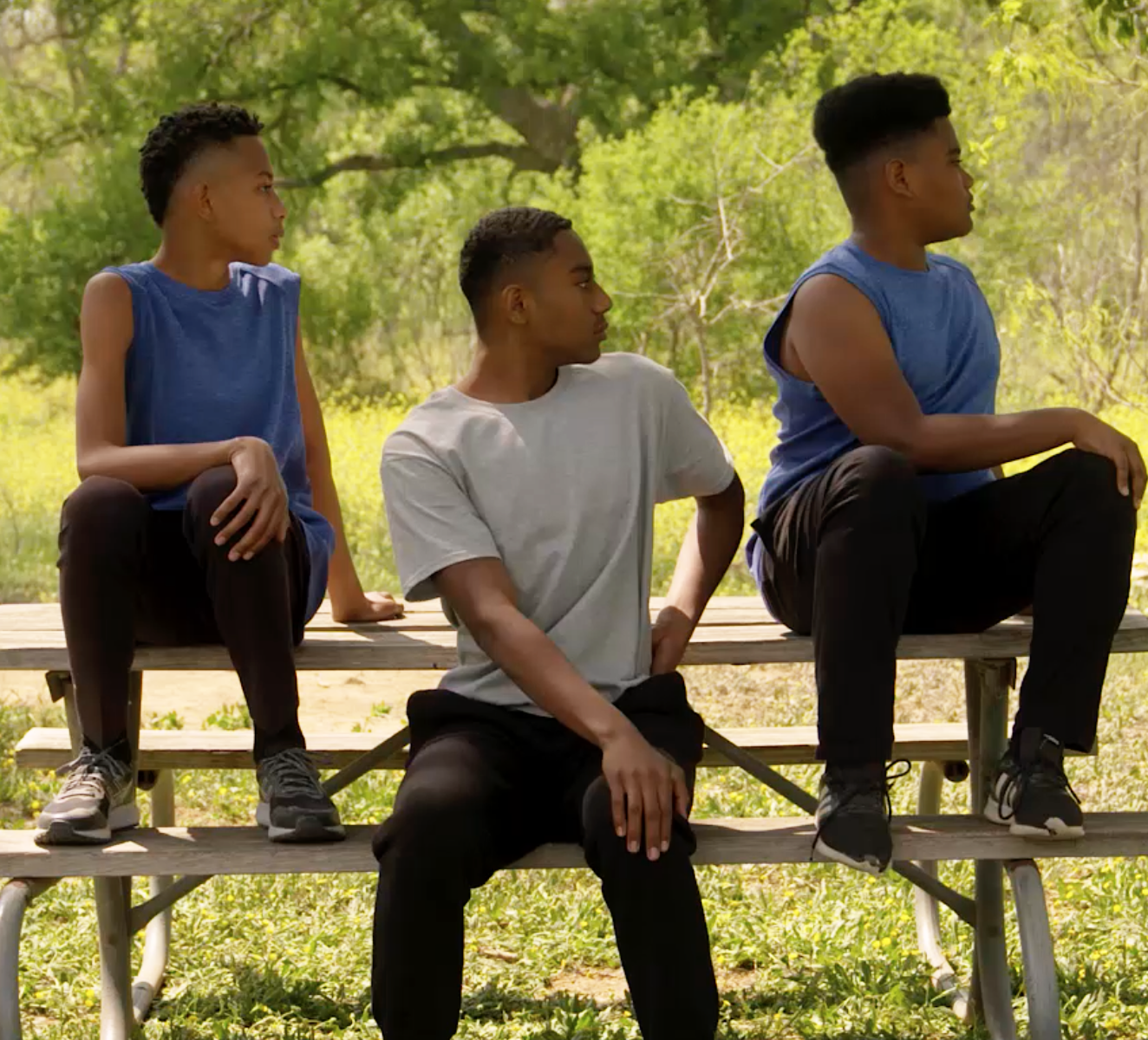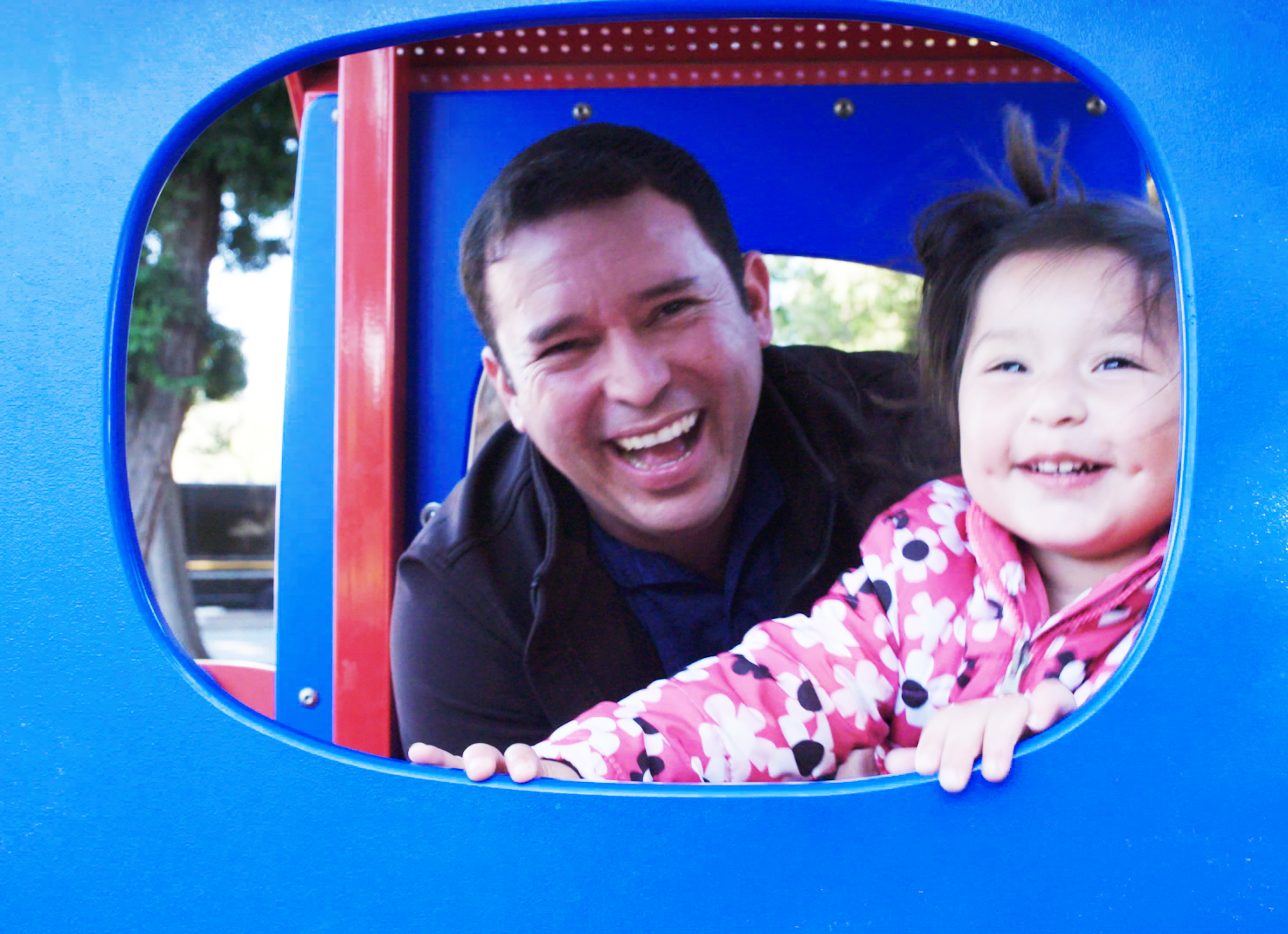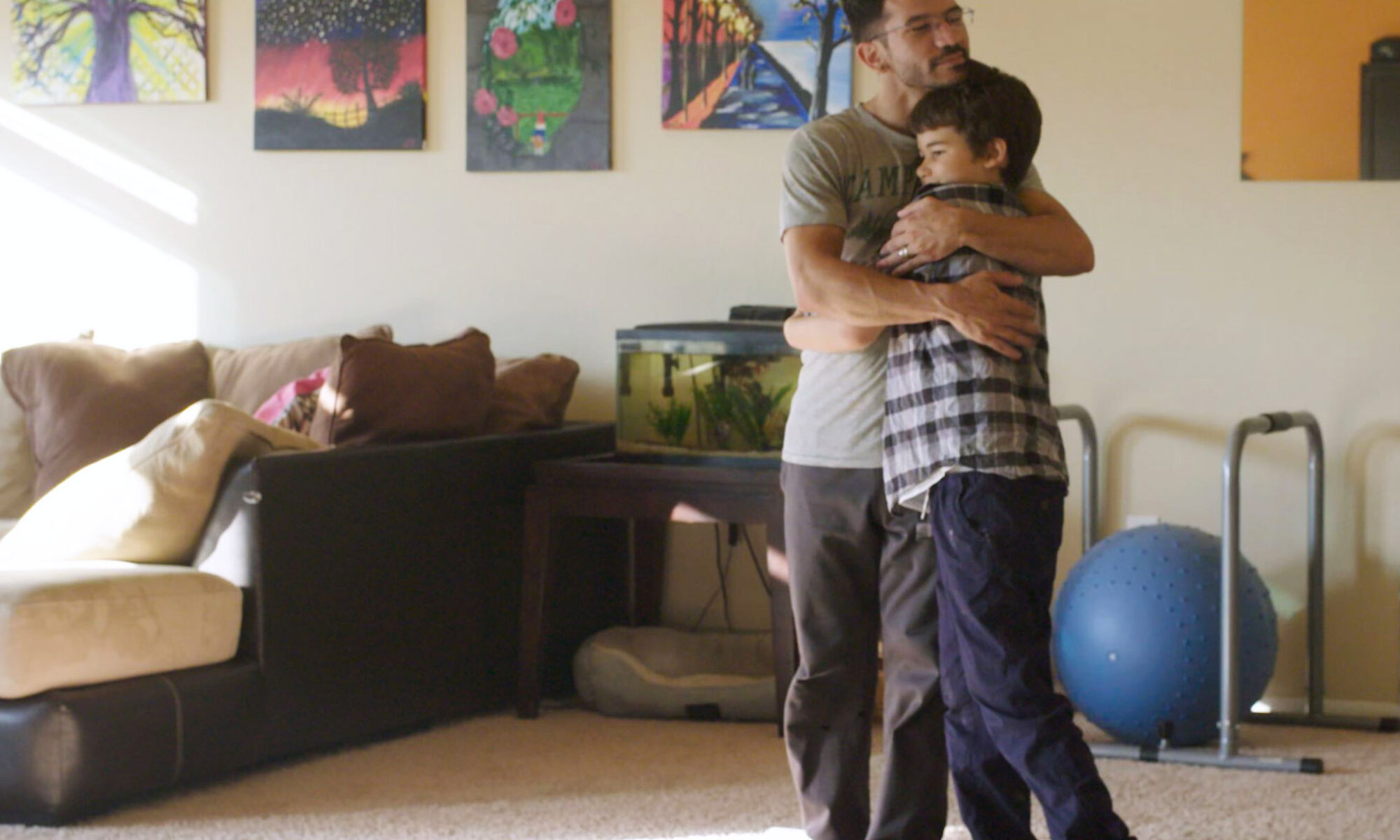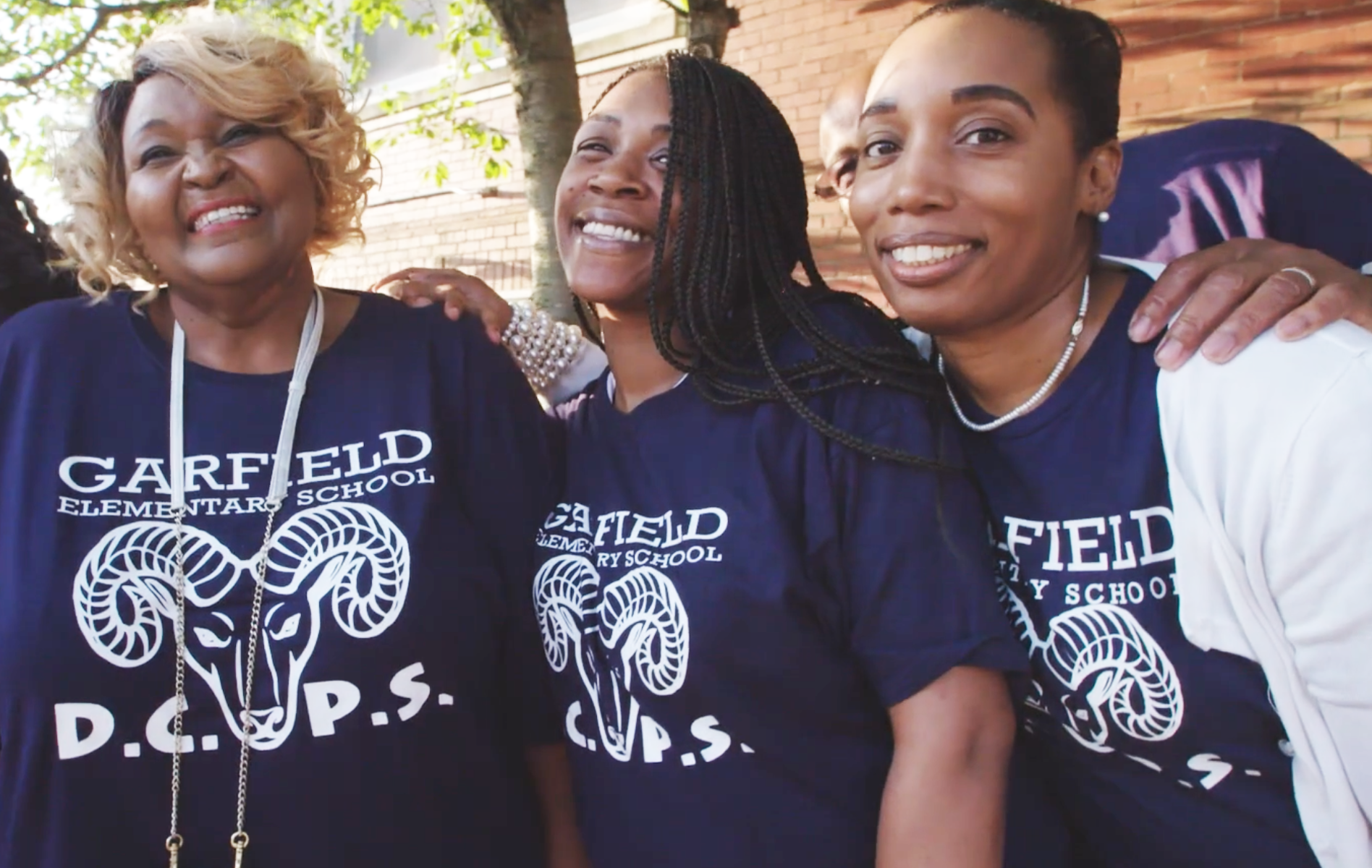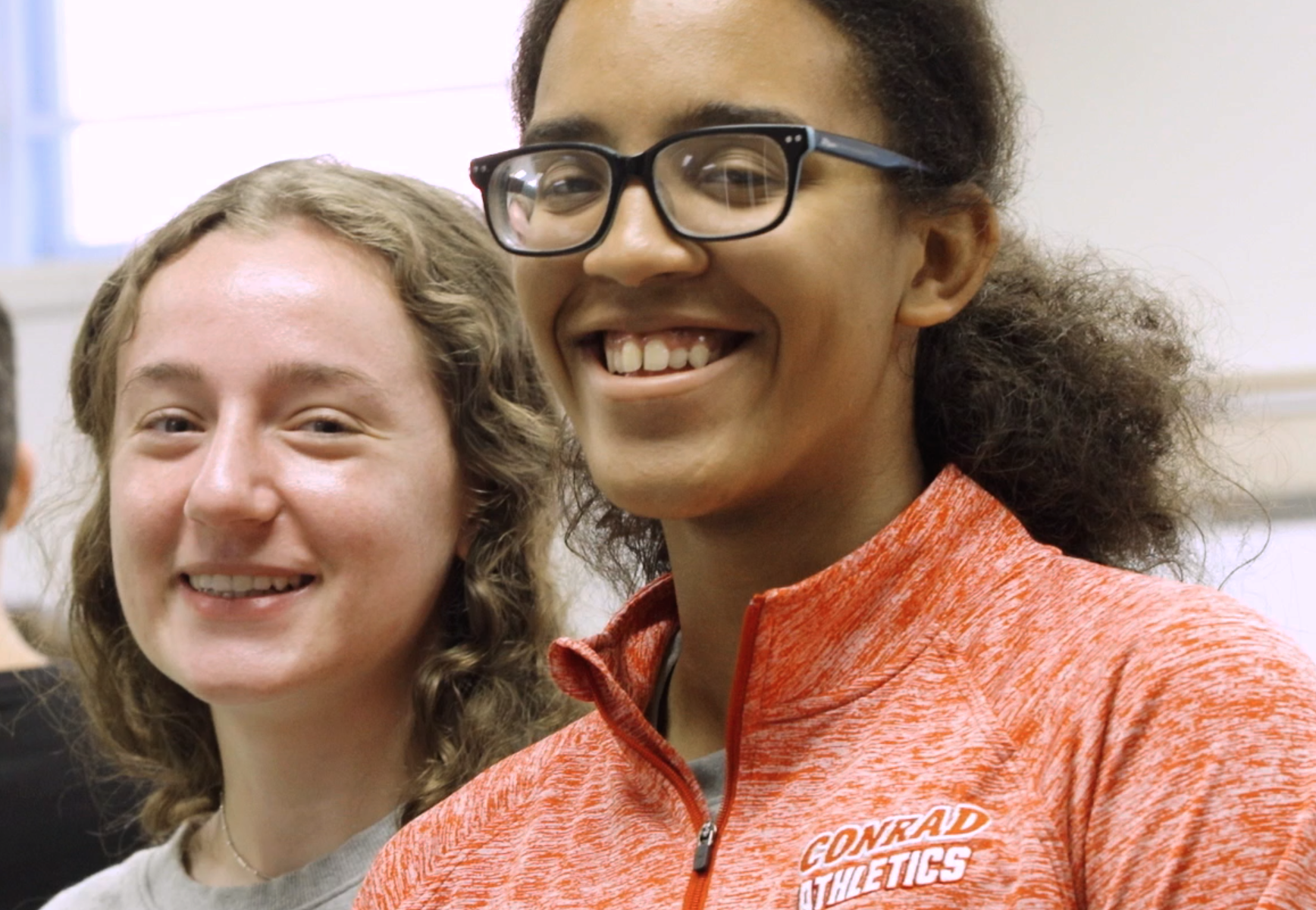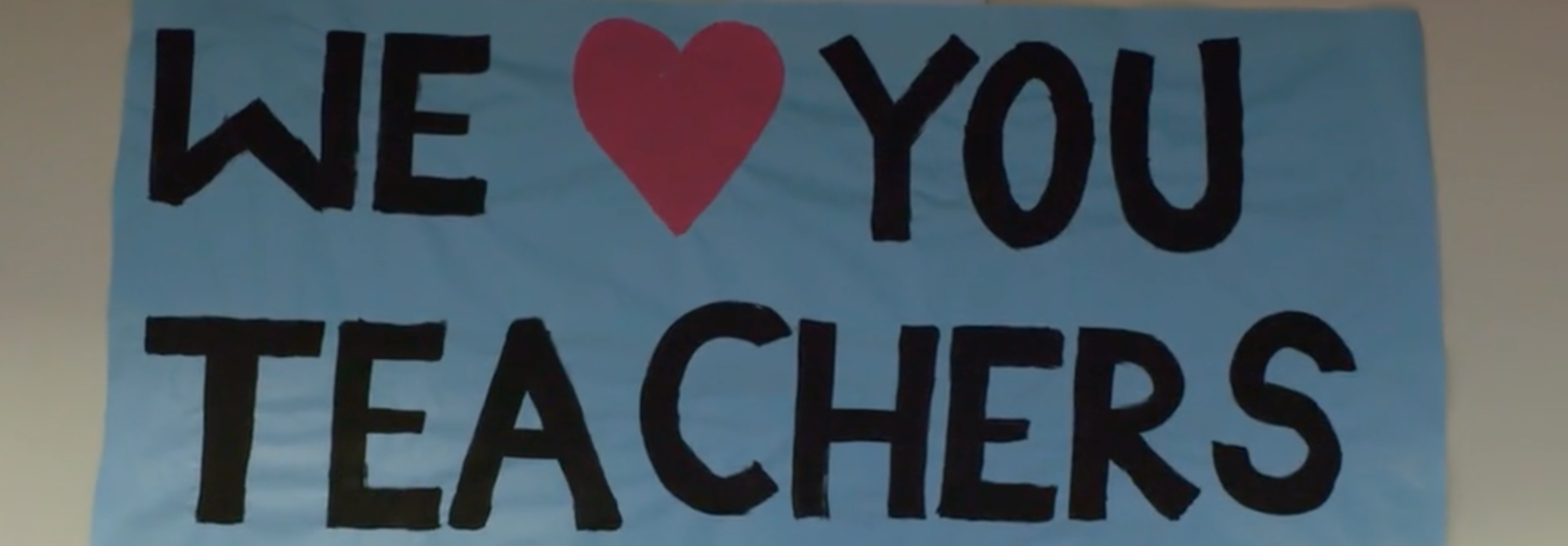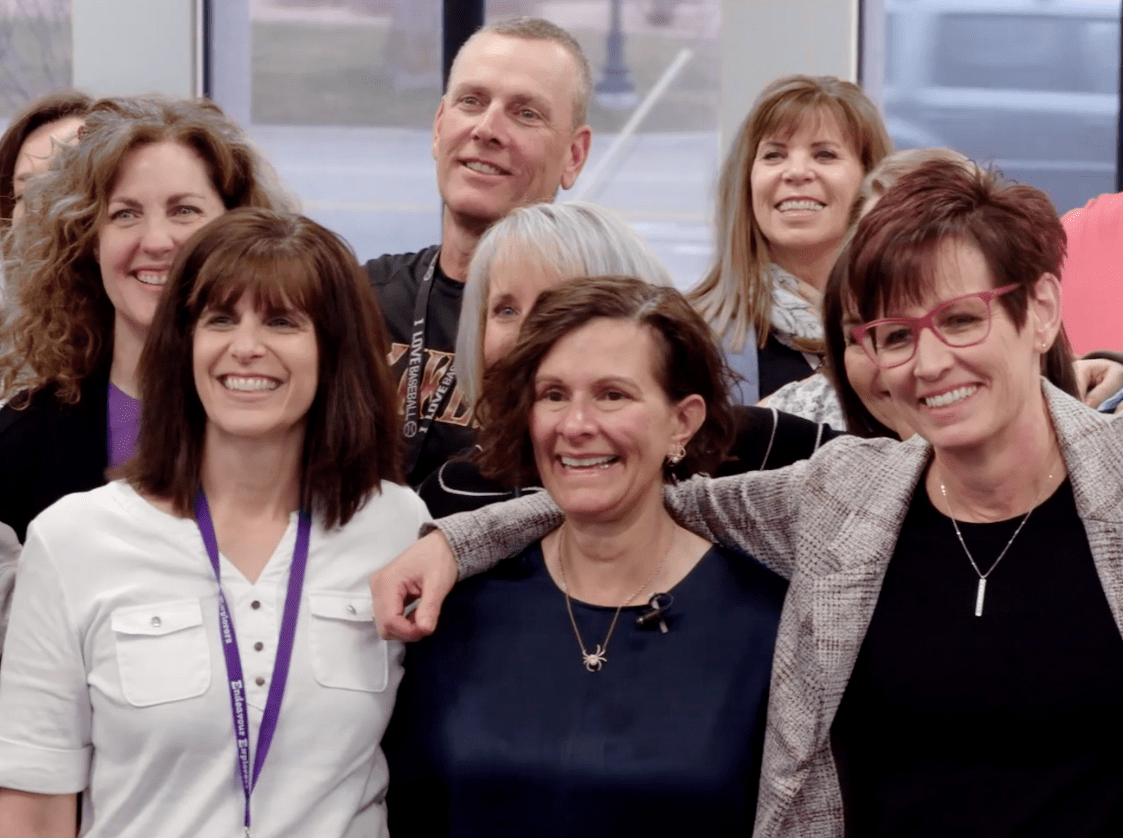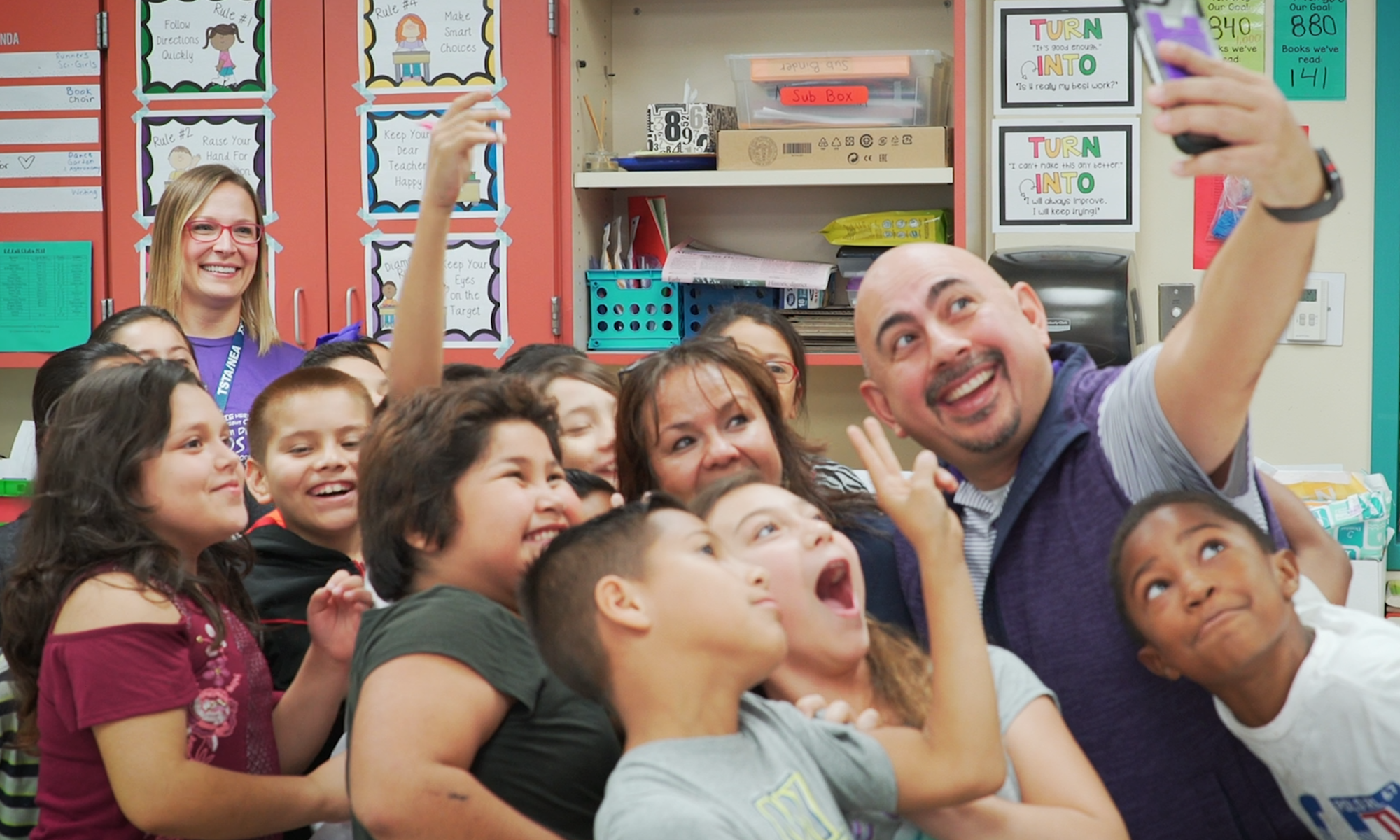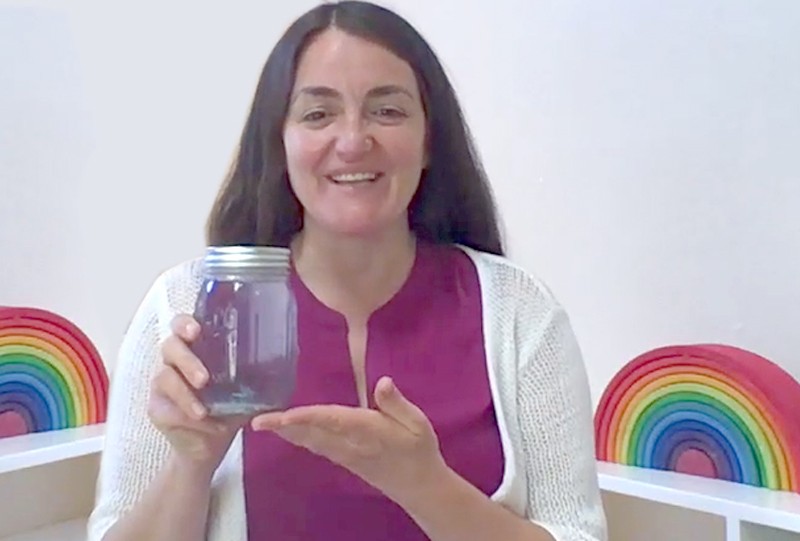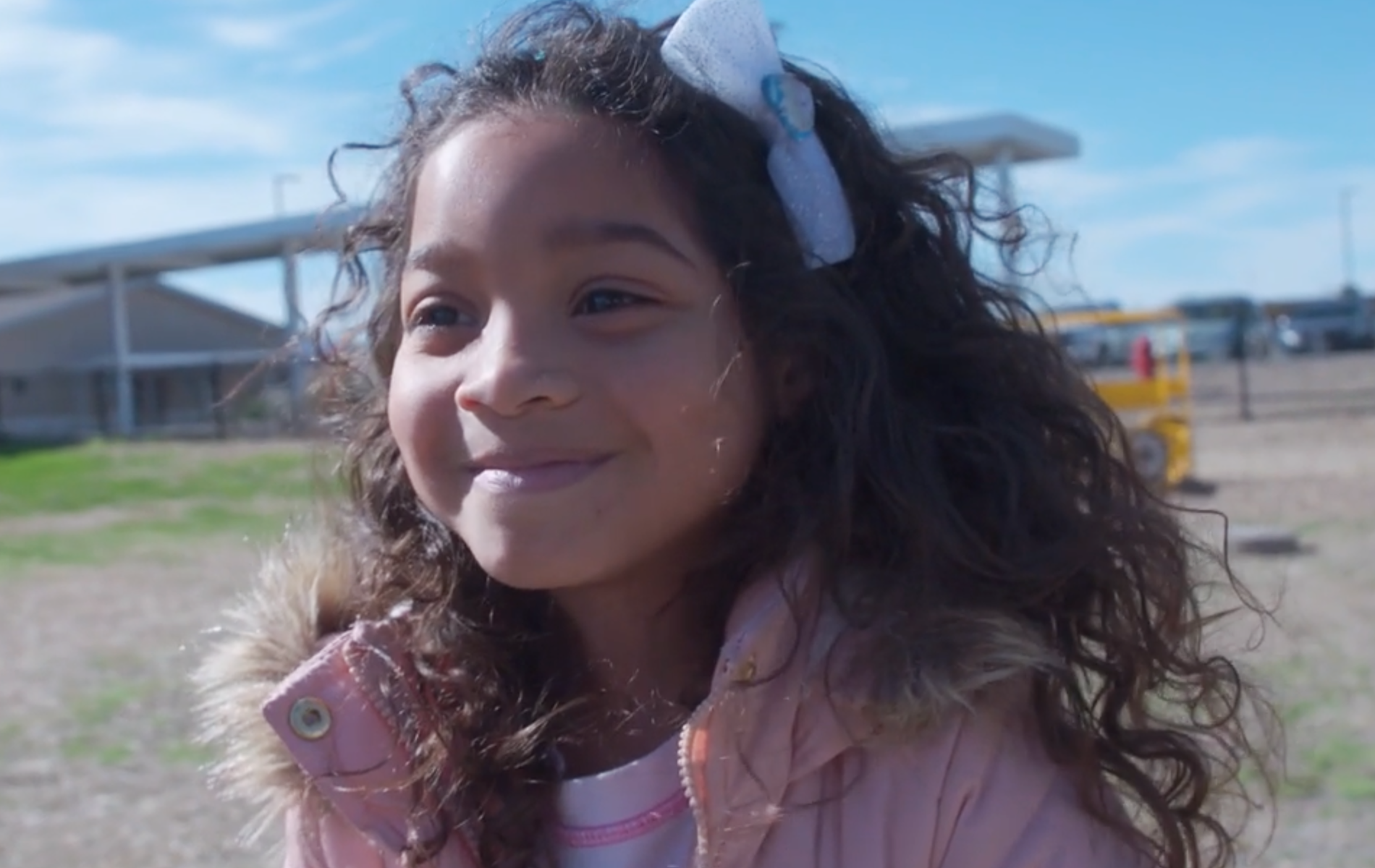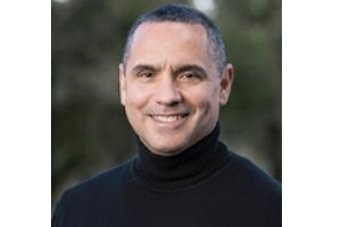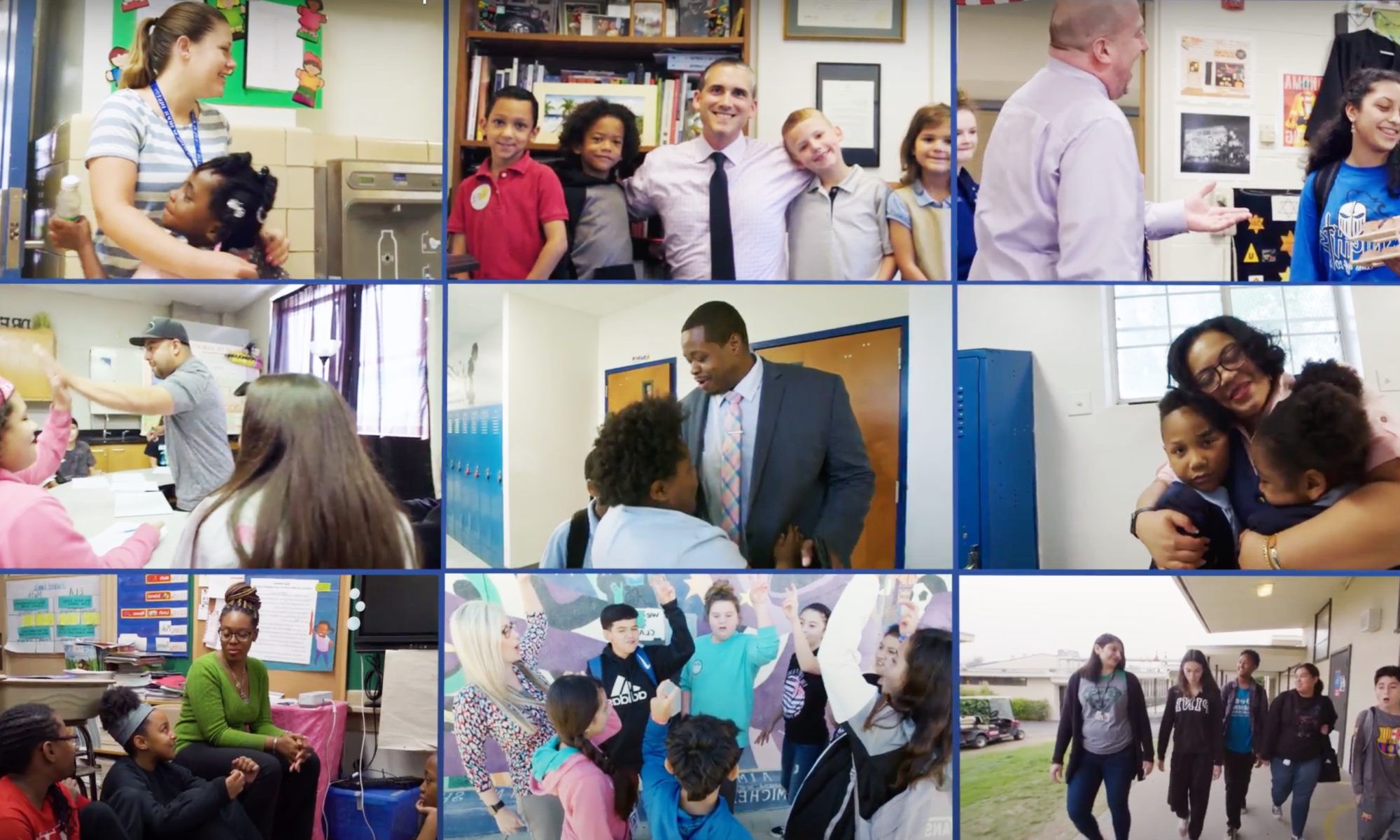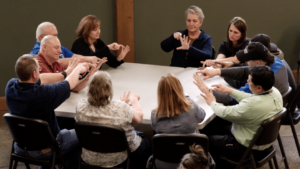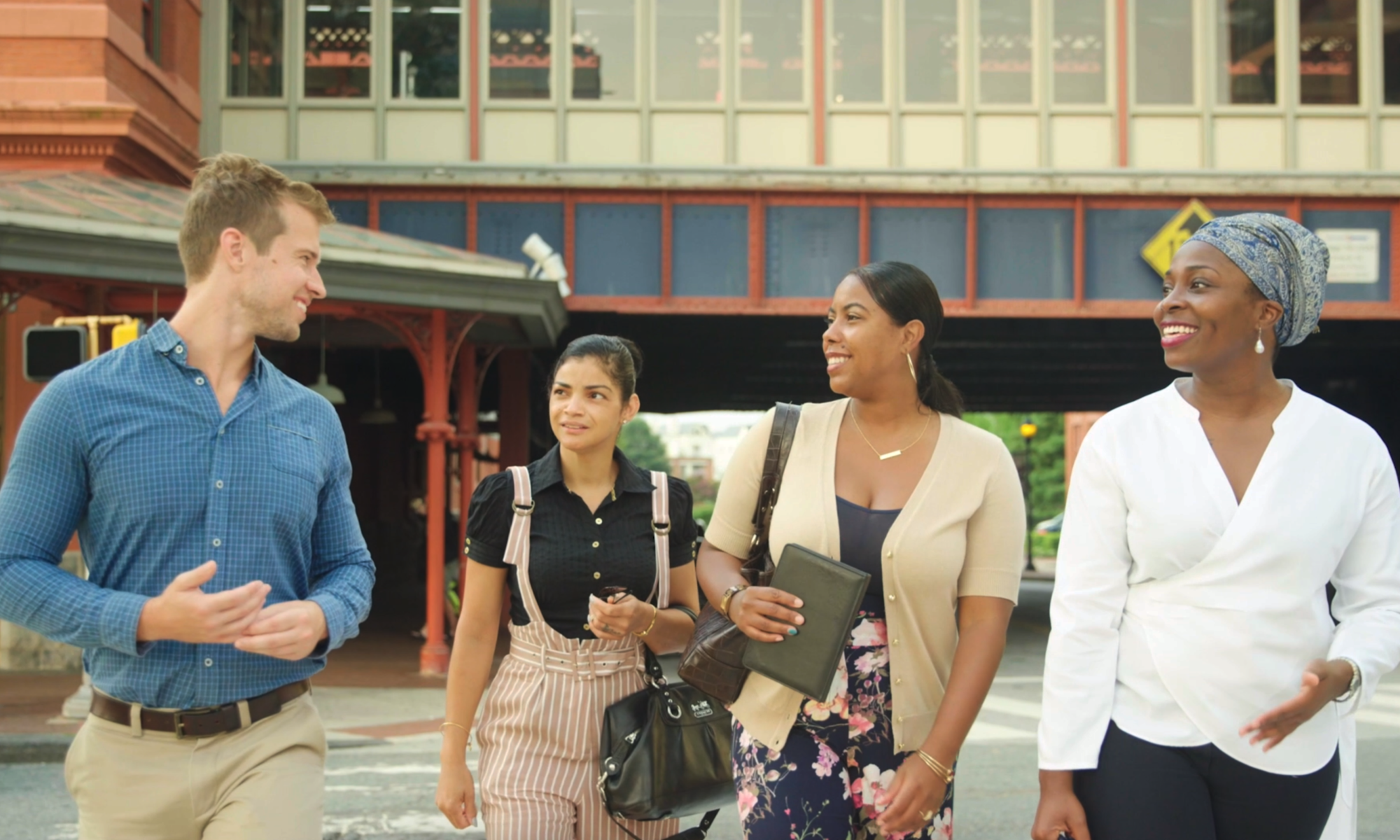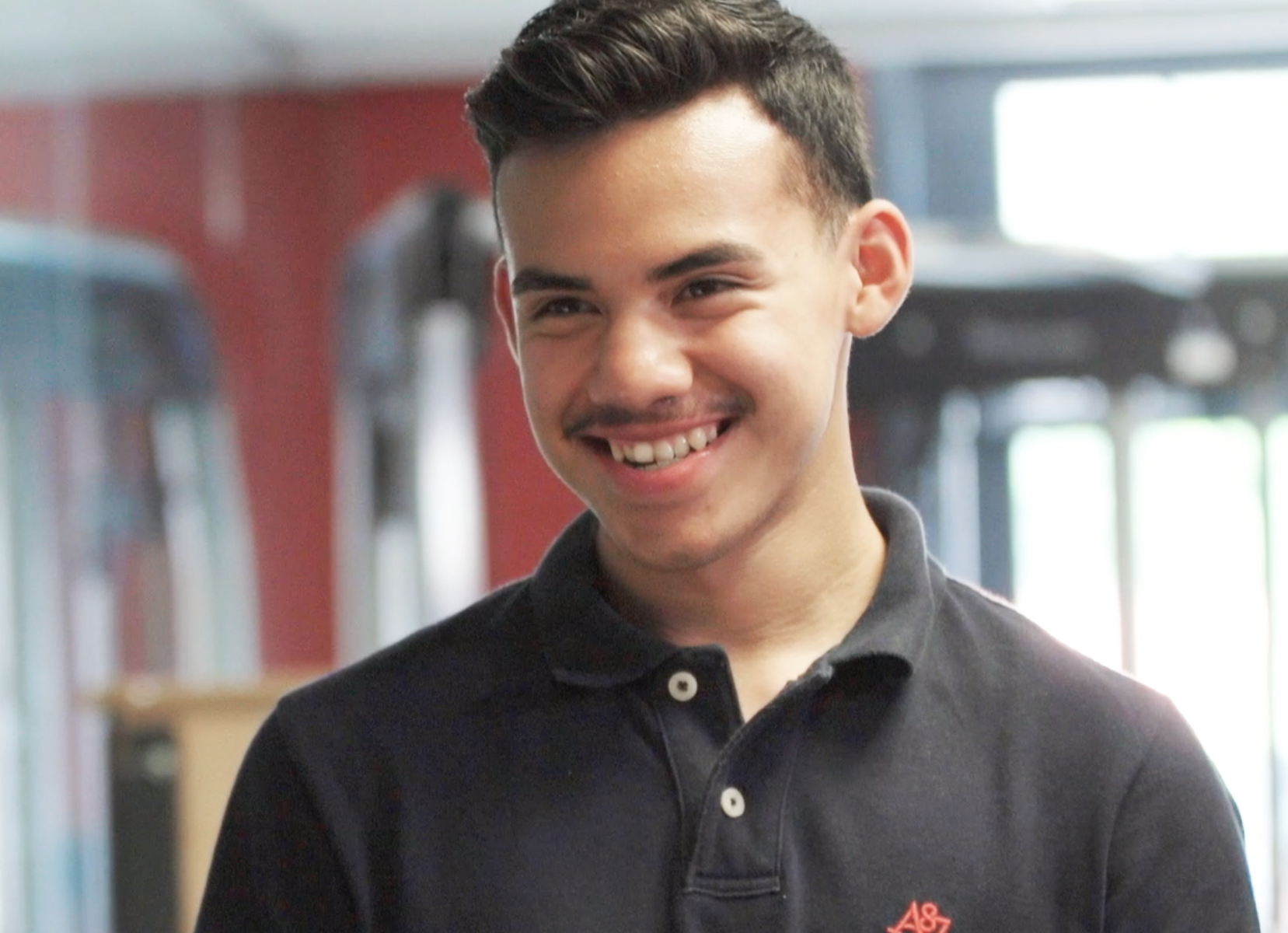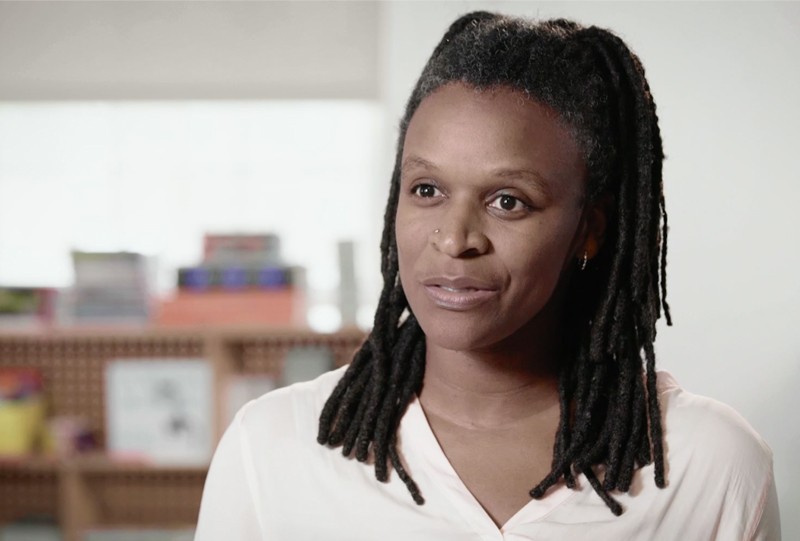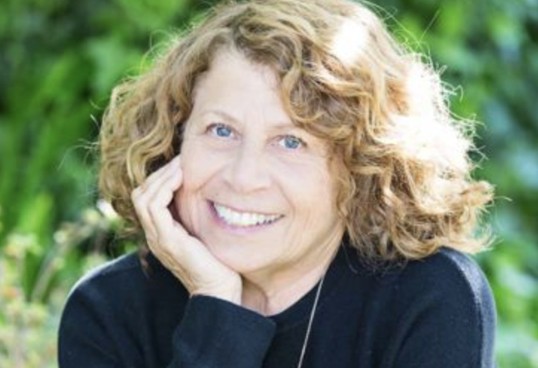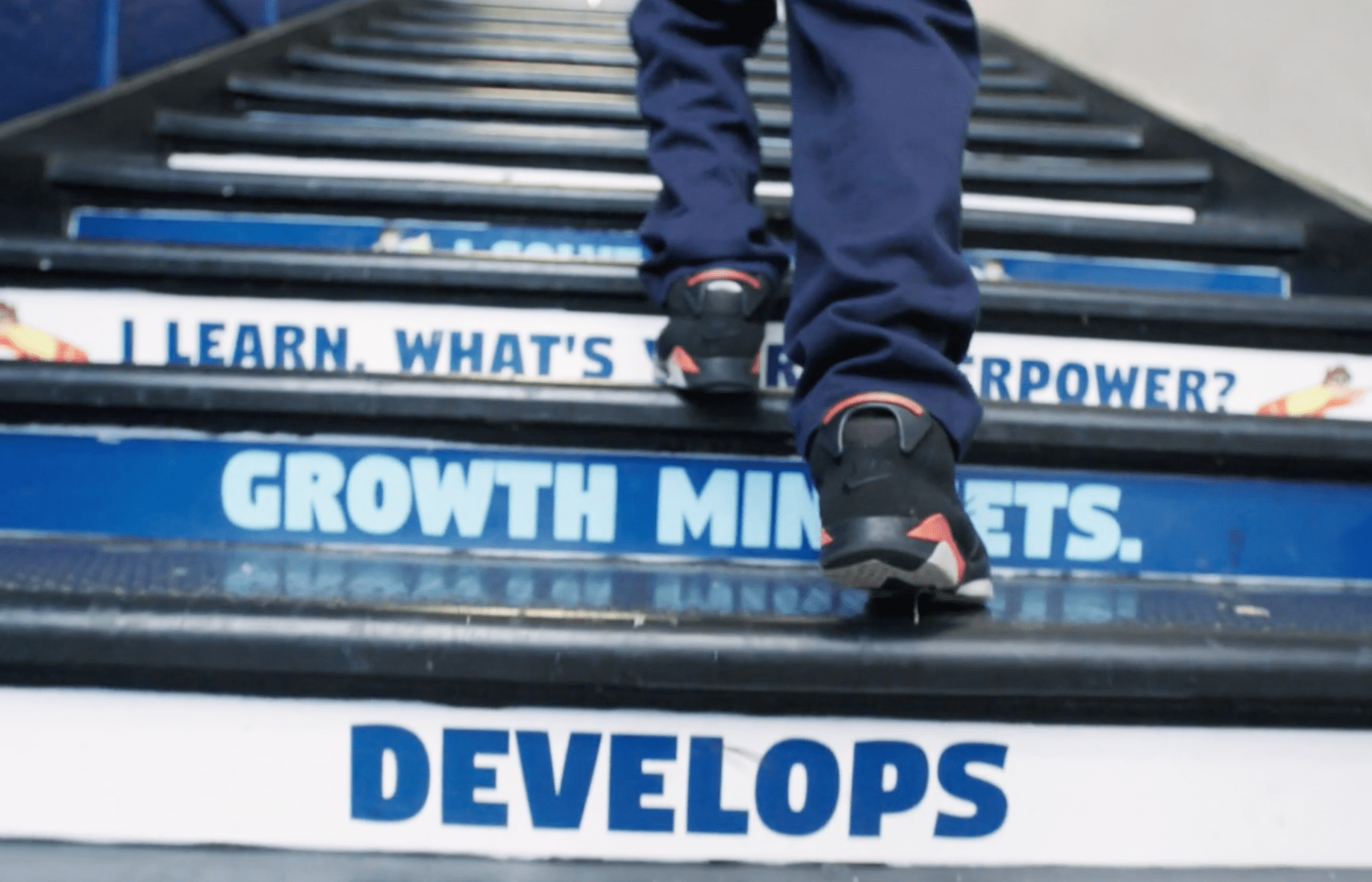Early Childhood Educators Series
Join us for this series of live, interactive webinars for early childhood educators.
9/08: Mindfulness for ALL
9/15: Start with the Heart: Strategies to Build Resilience
9/22: Success Through Focus: Brain Breaks & Energizers
Train the Trainer to Implement a Culture of Care
Join us for this four-day Train the Trainer mini-series that focuses on self-care and a culture of care that helps build resilience.
9/14 Session 1: Building Belonging: Start with Heart
9/15 Session 2: SEL & Self-Care
9/16 Session 3: Introduction to Brain Breaks
9/17 Session 4: Implementing a Culture of Care
SEL Begins with Us: A Guide to Getting Started with Pure Edge Resources
As we recognize Self-Care Awareness Month, we highlight self-care as a foundational practice, rather than simply a single activity or special day, week, or month. Relationships are reciprocal, and so is self-care. When educators and learners share these practices, they begin to build a culture of care, together.
Social-Emotional Learning Begins with You
We want to make it as simple as possible for you to invest in your wellbeing and that of the learners you serve, so we’ve put together a quick guide for getting started. First, sign up for a free curriculum account.
Start Small and Build
Neuroscience of Stress & Educator Self-Care webinar
— Explore the neuroscience of stress and its impact on the body, and practice simple strategies to develop resilience.
— Video demonstrations of Breathe, Move, and Rest Brain Breaks
— Brain Breaks manual – written instructions for each strategy
— Implementation guide – suggestions and tips for implementing Brain Breaks in the classroom, once you feel comfortable practicing them yourself
Let’s Get Moving
— Video lessons to guide you through Mindful Movement sequences
— Offers a Mindful Movement manual for delivery in the physical education setting at grade levels K-5 and 6-12
— Helps build strength, flexibility, balance, coordination, focus, and relaxation
— Mindful Movement sequence includes the three main elements of breathe, move, and rest
— Sequences easily integrated into an existing physical education program
Ready for a Mini-Unit for Your Classroom?
Curriculum – Peek Inside the Amazing Brain
— Neuroscience mini-unit, requested by educators as a stand-alone option
— Presents 8 lessons that include content and an introductory sequence of postures designed for the classroom setting
Building the Superpowers
— 5 units for each grade level
— K-2 & 3-5: Power to Be Calm, Power to Tame Your Temper, Power to Laser Focus, Power to Grow & Stretch, Power to Lead with Kindness
— 6-2: Power to Shine, Power of Mindfulness, Power of Brain-Body Connection, Power of a Balanced Life, Toolkit for a Balanced Life
— Also included for K-2 & 3-5: Health & wellness session plans, resource booklets, reflection journals, visual aids
Culture of Care Mini-Series
Join us for this four-day mini-series that focuses on self-care and a culture of care that helps build resilience.
8/17: Building Belonging: Start with Heart
8/18: SEL & Self-Care
8/19: Introduction to Brain Breaks
8/20: Implementing a Culture of Care
Stress Management for High School Students
In this 45-minute interactive session, high school students will learn about the neuroscience of stress and engage in strategies to help address its impact on the mind and body.
Neuroscience of Stress for Parents
In this 45-minute interactive session, parents/caregivers will learn about the neuroscience of stress and the critical healing factors. They will engage in strategies to support the reciprocity of wellbeing, having an awareness of stressors, and practicing simple strategies to be more responsive.
Family Brain Breaks
In this 45-minute interactive family session, families will engage in calming as well as energizing activities. Dress comfortably and join us with our kids. Together, we will learn to breathe, move, and rest. Appropriate for PreK – 8th grade children & their parents.
New Jersey Series for Educator Well-Being
Part 1: The Neuroscience of Stress & Educator Self-Care
This one-hour, interactive session will explore the neuroscience of stress and its impact on the body. We will share how to develop resilience through the practice of simple strategies.
Part 2: Self-Care & SEL
This one-hour, interactive session integrates self-care and the social-emotional learning competencies of self-awareness and self-management for adults. We will continue to focus on developing resilience through the practice of simple strategies.
New Jersey Series para el educador
Primera parte: Neurociencia del estrés y autocuidados del educador
Segunda parte: Autocuidados y Aprendizaje Socioemocional (SEL)
This Wellness Month, Put Yourself First
Even before COVID-19 uprooted our lives and shook the foundations of the systems within which we live, data on mental health in the U.S., and specifically in education, was troubling. Months into the pandemic, many of us still face anxiety, feelings of loneliness and isolation, worries about our health and the health of loved ones, and the emotional and practical challenges that come with a national, ongoing uncertainty around what comes next and when our lives will start to resemble “normalcy.”
Stress is contagious, and when we support the adults who serve our children and youth, the reciprocity of self-care will support the collective good.
In the months since this upheaval, we have demonstrated resilience and ingenuity in adapting to our new circumstances. Some of us have formed new habits and sought new skills in support of self-care, taking a day-by-day approach to our lives in the face of discomfort, stress, or fear. The ability to acclimate and care for oneself is particularly important in the education community, as those responsible for teaching and caring for others must be especially resourced and able to self-regulate and manage emotions. Stress is contagious, and when we support the adults who serve our children and youth, the reciprocity of self-care will support the collective good.
As we plan for the upcoming school year, we cannot ignore that we are also moving through individual and societal traumas. We have to pause to consider whether we are equipping educators with the resources they need to take care of themselves and to be great educators.
We can only show up as our best selves for others when we prioritize caring for ourselves.
Anyone who has worked in schools knows that while teaching can be one of the most rewarding and impactful professions, it is also one of the most stressful. Pure Edge began focusing its work on teacher stress in response to a research brief by Dr. Mark Greenberg of The Pennsylvania State University. At that time, in 2016, nearly half of teachers reported high daily stress. We can only assume this number has dramatically increased since school closings began and as educators face ambiguity around what the upcoming school year will look like. The 2016 brief also underscored that highly stressed teachers impact student academic performance and social adjustment. The impact on educators is significant, too. Those high stress levels compromise health, sleep, quality of life, and job performance. But the findings gave us hope as well. They showed that both organizational and individual interventions can reduce teacher stress, and programs for things like social-emotional learning and mindfulness improve both teacher well-being and student outcomes. As stress levels climb, educators need more support than ever. We can only show up as our best selves for others when we prioritize caring for ourselves.
This August, put yourself first. If you do, we think you’ll be a happier, healthier version of you. And you matter. Here are a few of our suggestions:
1) If you can only find two free minutes in your day, use them for your self-care. Try a Mindful Minute or your favorite Brain Break. If all you can fit into your day is an Even In-Even Out as you wake up in the morning, that’s ok. That simple act can change your day and help you to better self-regulate.
2) If you find yourself beginning to feel stressed, notice what is happening in your body. Then reach for a breathing exercise. Try a few to discover which feels most effective for you. Maybe it’s Take Five (Starfish), Anchor Breathing, or Breathing Ball.
3) Acknowledge your feelings without judgment. During our Planning for the Return series, Dr. Marc Brackett discussed what it means to be an “Emotion Scientist.” The emotion scientist sees emotions as information and recognizes that even challenging emotions serve a purpose. The Mindful Minute is one way to practice listening to what is happening in your body and what you are feeling.
4) Find ways to engage with others, even from a distance. Physical distancing is not synonymous with social and emotional distancing. When was the last time you wrote a letter? If that sounds like a little much, a quick “thinking of you” text goes a long way in maintaining relationships and feeling connected.
5) Build daily habits: Breathe, Move, Rest, Journaling, and Attitude of Gratitude. You might want to revisit our 15-Day Self-Care Challenge, where our Director of Professional Development, Gill McClean, led participants through each of these habits.
Thank you to all who have participated in or viewed on demand any of our nearly 300 webinars. We’d love to connect with you on Twitter and Instagram, where we will continue to share self-care exercises and gratitude for the incredible educators who start with the heart.
15-Day Self-Care Challenge (“Series”)
Join Gill McClean as we launch our Pure Community 15-Day Self-Care Challenge! The first 50 participants who complete all 15 days of self-care will receive a copy of the book Permission to Feel by Dr. Marc Brackett. We don’t want you to forget about you! We will engage in 5 simple strategies every day to help us build habits in community: Breathe, Move, Rest, Journaling & Attitude of Gratitude.
Activate Your Superpowers: Pure Power Curriculum 3-5
This two-part series explores the five powers of the Pure Power curriculum. Learn how to use Breathe, Move, Rest strategies to help your grade 3-5 students uncover their superpowers.
MindUP: Building Bridges and Healthy Minds
This webinar will address the critical importance of our mental health, especially with the recent challenges of the global pandemic and racial injustices that have caused trauma amongst us all. Through a lens of equity, we will explore various ways to build bridges across differences, while also building and fostering healthy minds.
Early Childhood Educators – Applied Mindfulness in the PreK Classroom Series
A Peek Inside the Amazing Brain: 3-5
Learn to implement the Pure Power mini-unit, A Peek Inside the Amazing Brain, for grades 3-5 in this interactive session.
A Peek Inside the Amazing Brain: K-2
Learn to implement the Pure Power mini-unit, A Peek Inside the Amazing Brain, for grades K-2 in this interactive session.
Self-Care & Stress Management for First Responders During COVID-19
Planning for the Return: Become an Emotion Scientist
Join us for a conversation with Dr. Marc Brackett, author of Permission to Feel, as he shares how we can all be compassionate emotion scientists in these challenging times. Read his latest articles.
Planning for the Return: Addressing Stress & Anxiety Through Trauma-Informed Care
Join our expert panelists, Dr. Victor Carrion and Teri Lawler, who will answer your questions about stress and anxiety in the context of trauma-informed care.
Planning for the Return: Award-Winning School Leaders
We’ve read your feedback and are excited to announce the Ask Us series. Join us and ask our panelists, Dr. Dawn Brooks-DeCosta and Principal Kennard Branch, implementation questions related to SEL and technology.
Planning for the Return: SEL & Resilient Schools with David Adams & Chi Kim
There have been several national guidance documents for the safe return to school. One consistent message is that supporting the social and emotional needs of learners and educators should be a central focus. Join us for a noontime conversation as we share our contextual definition of SEL competencies, as well as examples from the field and practical strategies for implementation.
Keep Your Mind Up with Goldie Hawn: Easy Mindfulness Tools & Tips for Parents & Teachers
You’ve asked for a deeper dive into the MindUP program. Please join the MindUP team for a special one-hour webinar! You’ll gain an understanding of the basic structure of the research-based program MindUP and access to easy tools for teachers and parents to use at home.
Self-Care for School-Based Mental Health Providers: Session 4
This special Mental Health Awareness Month self-care series for mental health providers will offer experiential sessions designed to support the well-being of school-based MHPs as they continue to provide essential services to our community each day.
Autocuidado y Manejo Del Estrés Para Profesionales De Primera Respuesta al COVID-19
Presentadora: Dra. Yamilka Alsina-Martin, Dra. Nuria A. Sabaté, Dra. María Rolón y Susana de Cruylles
Módulo 1: Introducción y estrés
Módulo 2: Neurociencia del estrés y Claves traumáticas
Módulo 3: Estrategias de manejo del estrés: cognitivas y emocionales
Módulo 4: Autocuidados
Self-Care for School-Based Mental Health Providers: Session 3
This special Mental Health Awareness Month self-care series for mental health providers will offer experiential sessions designed to support the well-being of school-based MHPs as they continue to provide essential services to our community each day.
Heart, Mind & Body Series: Teaching with a Social, Emotional, & Cultural Lens
Building on the work of CASEL, Teaching with a Social, Emotional, and Cultural Lens (Markowitz and Bouffard, 2020) provides a roadmap for K-12 classroom teachers and university teacher educators to address issues of equity by integrating social-emotional learning and culturally responsive teaching in support of academic achievement and the well-being of students and educators.
DE DOE Educator Self-Care Series: Learn, Live, and Share
This 4-week series designed for the Delaware Department of Education will involve 45 minutes of online instruction and a 15-minute weekly homework assignment using the Headspace app. The sessions are designed to move your personal practice to the next level. Participants will apply focused awareness to building safe and supportive relationships, strengthening co-regulation with others, and building interaction skills that support social competence and academic success.
Self-Care for School-Based Mental Health Providers: Session 2
This special Mental Health Awareness Month self-care series for mental health providers will offer experiential sessions designed to support the well-being of school-based MHPs as they continue to provide essential services to our community each day.
Heart, Mind & Body Series: Learners & Leaders
In this special session highlighting Mental Health Awareness Month, meet an incredible group of CA & NJ high school student leaders who are focused on supporting mental health through service to others. Our panelists are students from Kearny High School in San Diego, CA, & NuYu Club leaders from West Windsor-Plainsboro High School, NJ. These leaders are focusing on mindfulness & wellness strategies to promote the importance of mental health.
